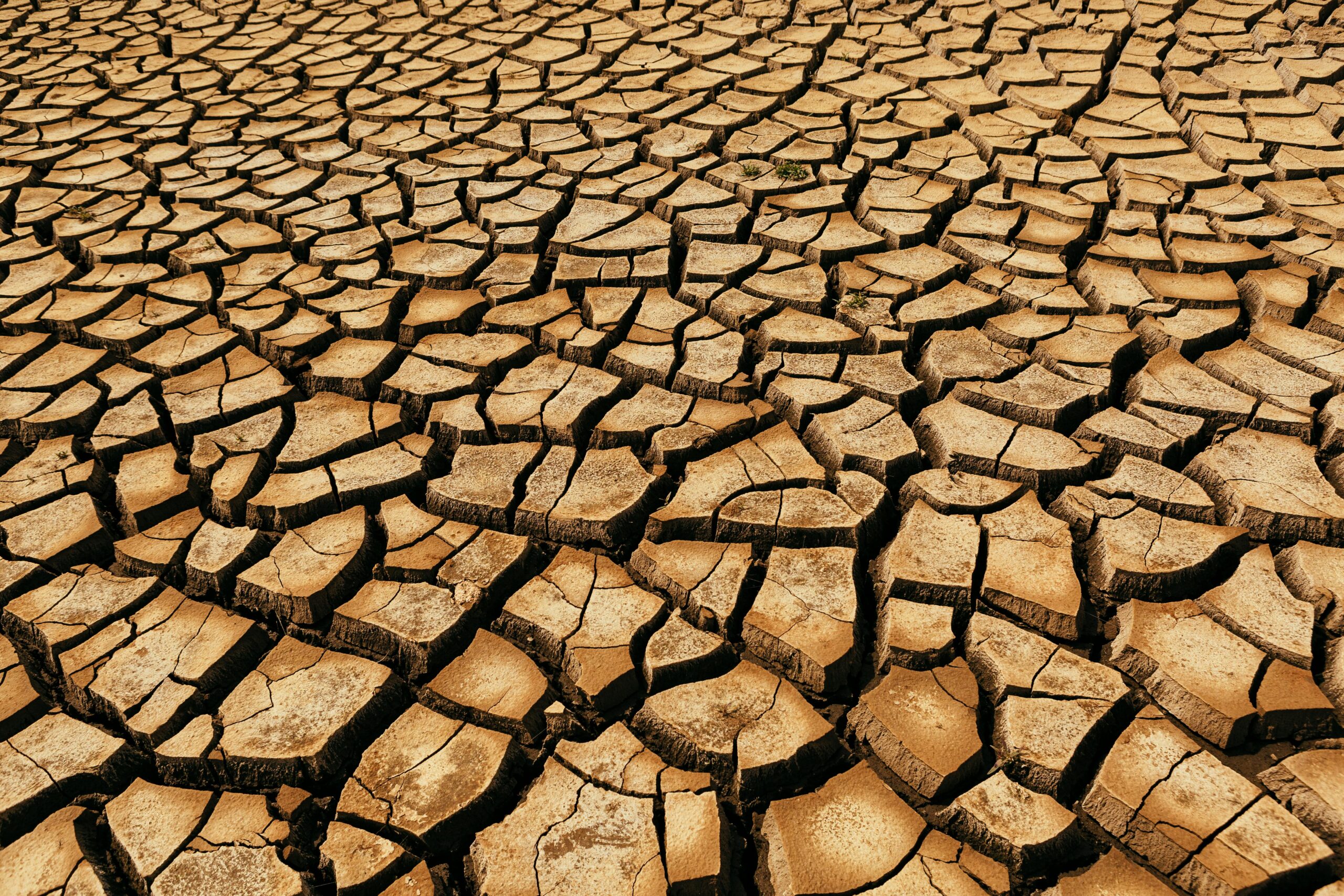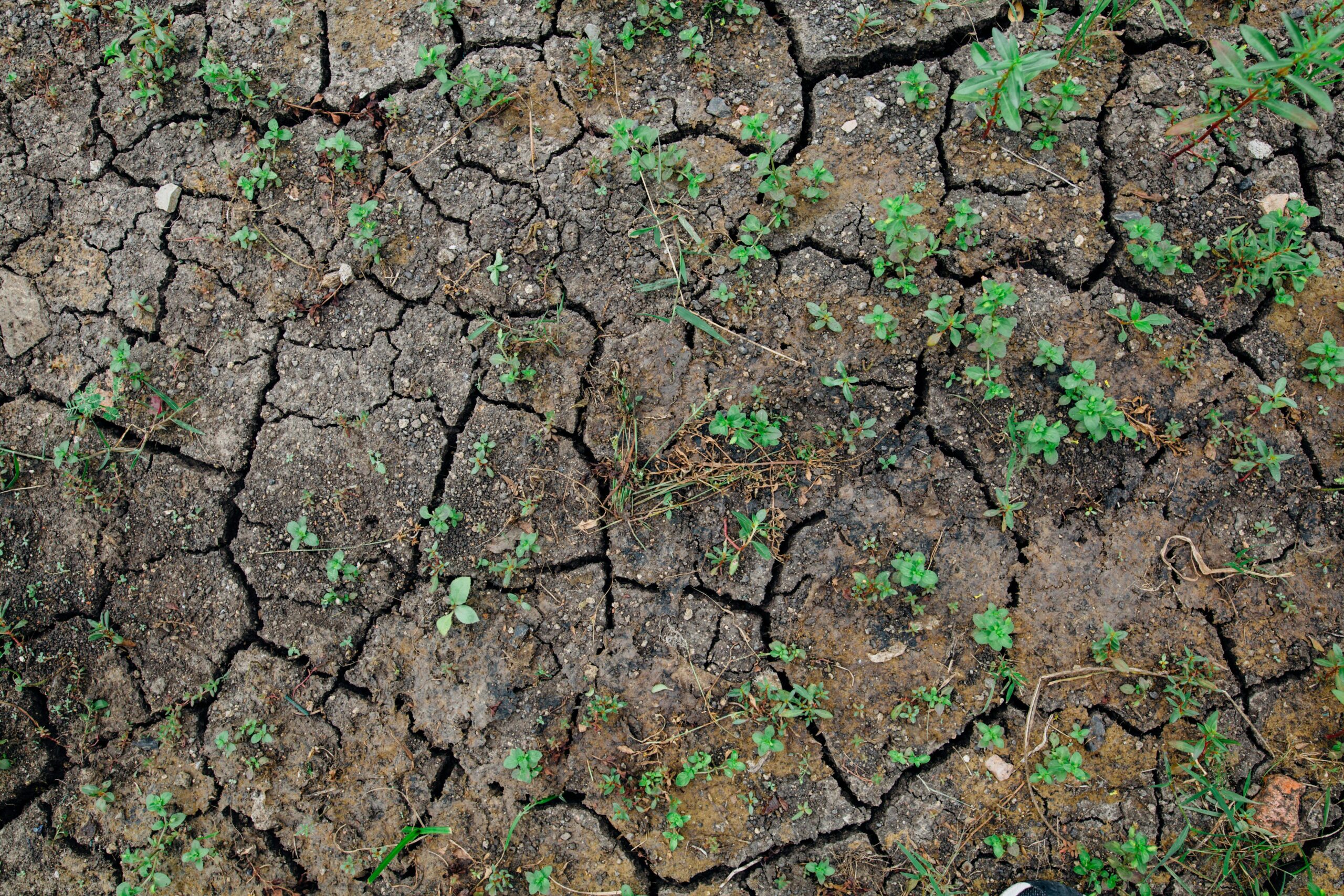Climate-induced desertification is a pressing global issue, particularly affecting arid and semi-arid regions. As land degrades, the consequences for ecosystems, agriculture, and livelihoods become severe. Sustainable farming practices offer solutions that not only combat desertification but also enhance food security and promote ecological resilience. This article explores several effective strategies to mitigate the impacts of climate change on agricultural land.
1. Agroforestry
Agroforestry integrates trees and shrubs into agricultural landscapes, creating a multifunctional land-use system that can improve soil quality, enhance biodiversity, and increase crop yields. By providing shade and reducing soil erosion, trees help maintain soil moisture levels, which is critical in arid regions.
Research from the World Agroforestry Centre indicates that agroforestry can enhance carbon sequestration and improve farmers’ resilience to climate impacts. For example, integrating leguminous trees into cropping systems can improve soil fertility by fixing nitrogen, ultimately leading to increased agricultural productivity Conservation Agriculture
Conservation agriculture emphasizes minimal soil disturbance, maintaining soil cover, and crop rotation. These practices help improve soil structure and fertility while reducing erosion and water loss. According to the Food and Agriculture Organization (FAO), conservation agriculture can enhance soil organic matter, leading to better water retention and reduced vulnerability to drought .
Farmept these practices have reported increased yields and reduced input costs. Studies have shown that conservation agriculture can lead to more sustainable land use, significantly contributing to the fight against desertification .
3. Water MTechniques
Efficient water management is crucial for sustainable farming in arid regions. Techniques such as rainwater harvesting, drip irrigation, and the use of soil moisture sensors can optimize water use and reduce waste.
The International Water Management Institute (IWMI) emphasizes the importance of investing in water-saving technologies to improve agricultural productivity. For instance, drip irrigation can significantly reduce water consumption while increasing crop yields by delivering water directly to the root zone .
4. Soil Restoration
Soil restoration is vital for combating desertification and enhancing land productivity. Practices such as adding organic matter through composting, applying biochar, and utilizing cover crops can help restore degraded soils.
Research shows that increasing organic matter in the soil improves its structure, enhances water retention, and boosts nutrient availability. The Global Soil Partnership highlights the importance of restoring soil health as a key strategy for combating desertification .
5. Crop Diversification
Divcrops can enhance resilience to climate variability and reduce the risks associated with monoculture farming. Growing a variety of crops can help spread the risks of crop failure due to pests, diseases, or extreme weather events.
The FAO reports that crop diversification can improve food security and increase farmers’ income by providing more diverse sources of food and revenue . Additionally, planting drought-resistant van help sustain yields even under challenging climatic conditions.
6. Community-Based Approaches
Community engagement is essential for the success of sustainable farming practices. Local knowledge and traditional agricultural practices can play a crucial role in developing effective solutions to combat desertification.
Initiatives that involve local communities in decision-making and land management can foster sustainable practices that are culturally appropriate and ecologically effective. According to the United Nations Convention to Combat Desertification (UNCCD), participatory approaches can empower communities to adopt sustainable land management practices that are tailored to their specific environmental conditions .
Conclusion
Addressing climate-induced desertiquires a multifaceted approach that incorporates sustainable farming solutions. By adopting agroforestry, conservation agriculture, efficient water management, soil restoration practices, crop diversification, and community-based approaches, farmers can enhance resilience and productivity while mitigating the impacts of climate change.
Investing in these sustainable practices not only contributes to combating desertification but also supports the broader goals of food security and ecological sustainability. As the challenges of climate change intensify, implementing these solutions will be critical for the future of agriculture in vulnerable regions.








Leave a Comment